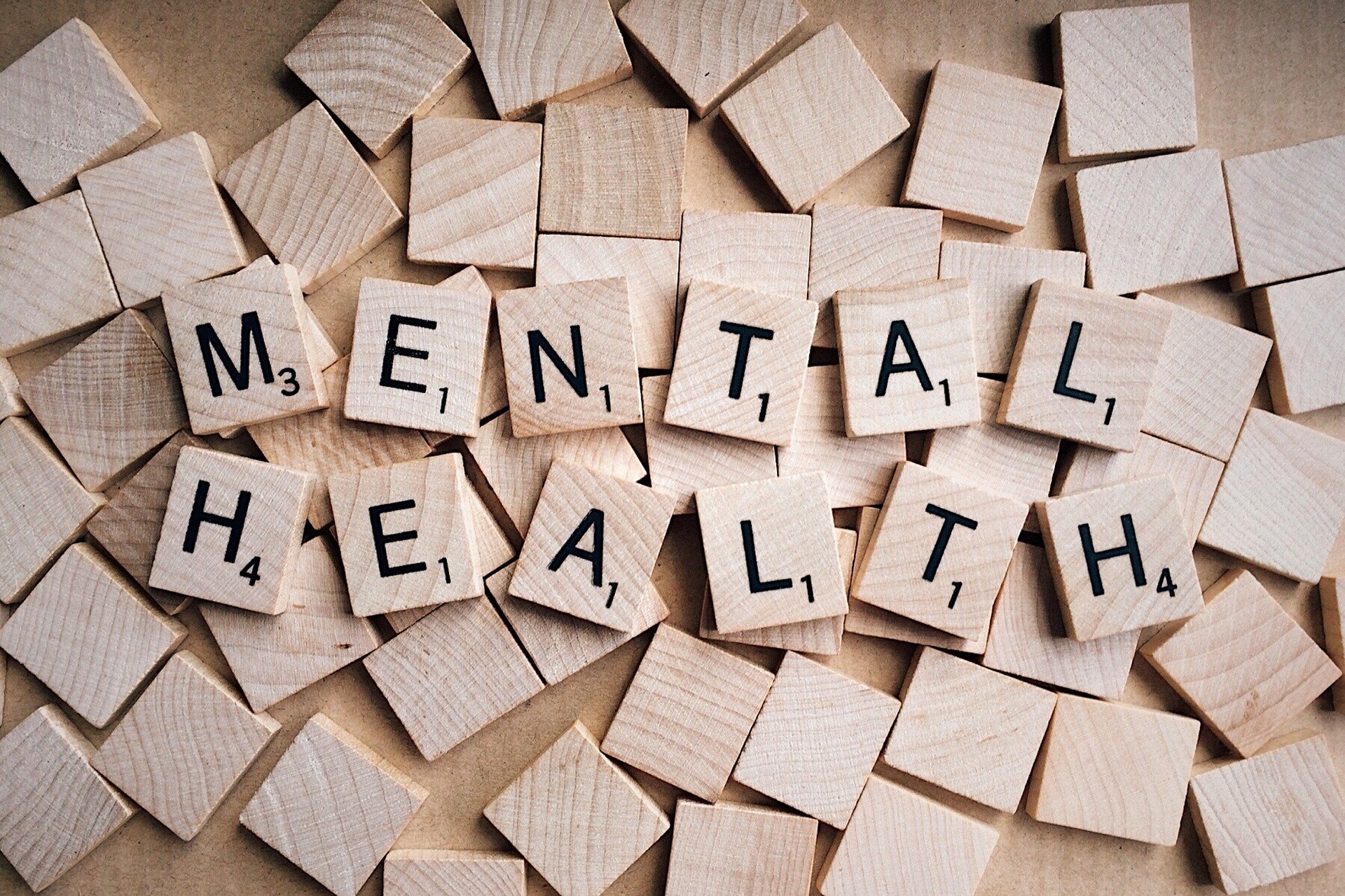 Next up in the mental health support series with Dr Zoe Burgess, Zoe explores another type of talking therapy: Cognitive Behavioural Therapy (CBT).
Next up in the mental health support series with Dr Zoe Burgess, Zoe explores another type of talking therapy: Cognitive Behavioural Therapy (CBT).
Following my last blog on medication management and group therapy, I’m going to discuss and summarise Cognitive Behavioural Therapy (CBT).
CBT is a type of talking therapy which is most commonly used to treat anxiety and depression. It can also be useful for other mental and physical health challenges.

Cognitive Behavioural Therapy (CBT)
This is a time-limited structured talking therapy which is based on the idea that your thoughts, feelings, physical sensations and actions are interconnected; and that – essentially – negative thoughts and feelings can trap us in a vicious cycle.
Individuals are shown how to change these cycles to improve the way they feel. This therapy very much deals with the ‘here and now’; and the changes we can make daily rather than focusing on issues from the past.
In order for this therapy to be successful, it is important that individuals are prepared to carry out home tasks between sessions. Change is unlikely to happen unless we apply the CBT strategies.
Skills/strategies will vary from person to person as CBT should be individually tailored. CBT sessions typically occur weekly and last 50-60 minutes.
The number of sessions will vary depending on the type of mental health difficulty and the level of need.

Specialist CBT interventions
An example of this is trauma-focused CBT. While it uses many CBT principles, it is a more specialist intervention that uses a range of psychological techniques. These techniques help individuals come to terms with the traumatic event that they have experienced.
For example, the therapist may ask the person to face their traumatic memories by describing aspects of the experience in detail. During this process, the therapist helps the person to cope with any distress they feel while identifying any unhelpful beliefs they have about the experience.
The therapist can help that person gain control of their fear and distress by reviewing any conclusions that they have drawn about the experience (e.g. feeling to blame for what happened).
People are also encouraged to gradually restart any activities they have avoided since the experience. Sessions will typically last 60-90 minutes and the number of sessions varies.

“Third wave” cognitive behavioural therapies
This refers to a group of emerging approaches that represent an evolution and extension of traditional CBT approaches. The focus is often on health and well-being rather than purely on the reduction or elimination of symptoms.
Concepts such as metacognition, acceptance, mindfulness, personal values, and spirituality are frequently incorporated.
Rather than looking solely at the content of a person’s thoughts and internal experiences, the third wave approach instead looks at the context, processes and functions of how a person relates to their internal experiences; such as thoughts, urges and sensations.
Some of the most commonly used third-wave interventions in my experience are: Acceptance and Commitment Therapy (ACT); Compassion Focused Therapy (CFT) and Metacognitive Therapy.
Sessions will again typically last 50-60 minutes and the number of sessions varies.
If you would like more information on CBT, you can visit the NHS website or the National Institute of Health & Care Excellence (NICE) who can provide more detail including the pros and cons, as well as how to find a CBT therapist.
Stay tuned for my next blog, which will be discussing psychotherapy and Eye Movement Desensitisation and Reprocessing (EMDR).




